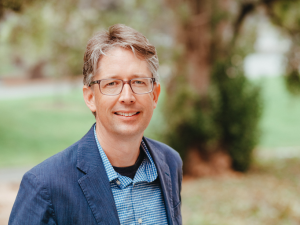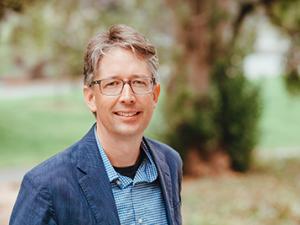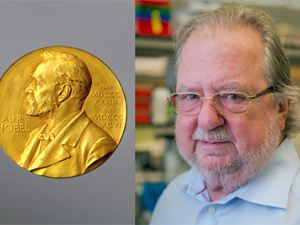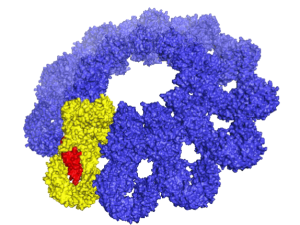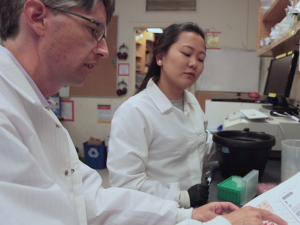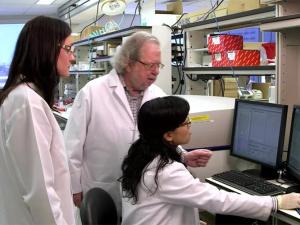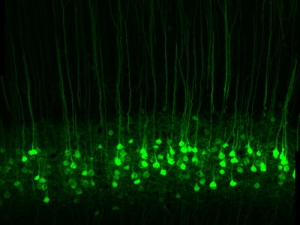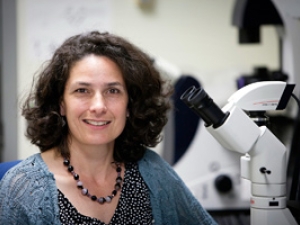

Research Bio
The Vance Lab is interested in all aspects of the complex interrelationship between pathogens and their hosts. In particular, they apply the modern tools of biology and genetics to answer a variety of questions at a molecular level: how is the presence of pathogenic bacteria sensed by hosts? Are pathogenic bacteria distinguished from harmless bacteria, and if so, how? What innate immune mechanisms protect cells from pathogens? How do cells coordinate defenses that are appropriate for various categories of pathogens? What mechanisms have pathogens evolved to evade host defenses?
Research Expertise and Interest
immunology, microbiology, infectious disease, molecular and cell biology
In the News
How an Infectious Disease Researcher Stays Grounded During Uncertain Times
Silencing the Silencer: a new strategy to fight cancer
UC Berkeley research led to Nobel Prize-winning immunotherapy
How the Immune System Identifies Invading Bacteria
The yin-yang of cancer and infectious disease
Aduro Biotech helps launch new immunotherapy, vaccine effort
UC Berkeley cancer immunologists are teaming up with colleagues working on infectious disease to create a new Immunotherapeutics and Vaccine Research Initiative.
NIH awards UC Berkeley $7.2 million to advance brain initiative
The National Institutes of Health today announced its first research grants through President Barack Obama’s BRAIN Initiative, including three awards to the University of California, Berkeley, totaling nearly $7.2 million over three years.
Howard Hughes Medical Institute names three new campus investigators
Nicole King, Russell Vance and Michael Rape took different routes to UC Berkeley’s Department of Molecular and Cell Biology, but they’ve ended up with one of the mostly highly sought positions at any American university: a fully subsidized appointment, with added research funds, as a Howard Hughes Medical Institute (HHMI) investigator.

